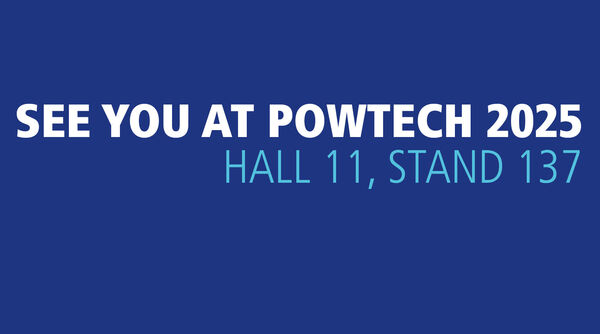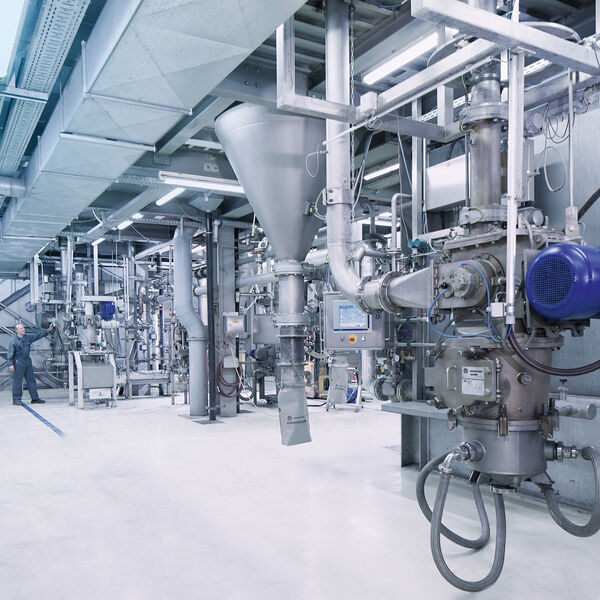
Pour le procédé de traitement des poudres
Pièces détachées et réparations
Contrôle de processus
Service à distance
Contrôle de sécurité
Plus d‘informations
Pour votre installation de films soufflés
Pièces détachées et réparations
Nettoyage des têtes de soufflage
Service à distance/eSupport
Plus d’informations







